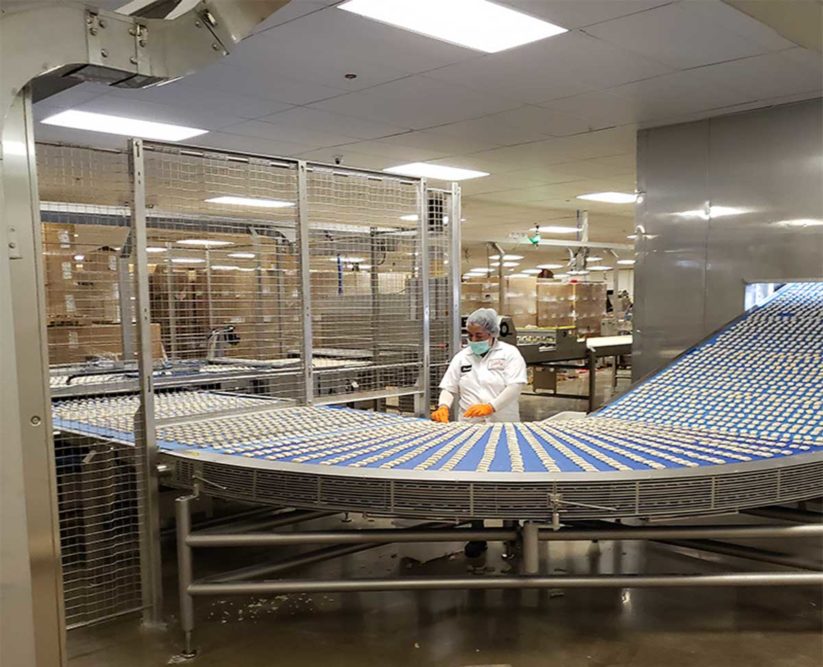Employee safety in a wholesale bakery or snack manufacturing facility typically refers to protecting workers from such risks as those posed by automated equipment or falls on the production room floor. Last year brought an entirely new dimension to employee safety — protecting employees from the coronavirus (COVID-19). Providing employees with a safe work environment also was critically necessary to keep businesses running and customers adequately supplied during a pandemic that had much of the United States under stay-at-home orders at various times.
“As companies strove to maintain production levels and regain productivity, they needed to know they could truly protect employees,” said Jon Anderson, president, JRA Occupational Safety Consulting. “They realized it was critical that they do everything they could to make sure employees felt safe at work. Employees needed to feel confident they would be protected and that they would in turn be able to protect their families when they returned home after work.”
Without those assurances, bakeries could not be sure that employees would be willing to show up to work, thus crippling production and the country’s supply of baked goods. To keep employees safe in the time of COVID-19 required a web of best practices and overcommunication within companies and across the industry.
This pandemic will have lasting impacts on employee safety programs. The meticulous attention that baking companies have paid to detail necessary to keep associates healthy and communicate their procedures may endure beyond the pandemic.
“That sense of trust that was developed over time was very beneficial and that caring atmosphere would either develop or become more apparent, and through this, employees came to realize management considered them to be essential employees,” Mr. Anderson said. “Dialog between management and employees became more open and constructive and helpful, especially when it came to preventing exposure to the virus.”
Another effect of COVID-19 on employee safety that is revealing itself is a heightened awareness of safety, from the company and the employees themselves. Kroger, Hearthside and Aryzta all reported that, even though their injury reports are typically low, their incidence rates have fallen even more since the pandemic.
[Related Reading: Best practices for COVID-19 safety quickly became standard]
“I think COVID-19 has made everyone and, most importantly, the individual employee aware that they are responsible for their own safety,” said Matt Gabris, vice president, environment, health, safety and security, Americas, Aryzta, Zurich, and co-chair, human resources and safety professionals group, the American Bakers Association (ABA).
While companies obviously want to educate employees and engineer out risk and danger to keep employees safe, these efforts will only go so far in the absence of worker awareness and compliance. Social distancing as a practice has put bakery employees on alert to their surroundings and helped them prioritize safety. And witnessing the spread of the virus has shown how everyone’s actions impact others.
“I believe the silver lining here is that safety will take on a higher purpose and a more business critical role after we finally put this pandemic behind us,” Mr. Anderson said.
This article is an excerpt from the February 2021 issue of Baking & Snack. To read the entire feature on Employee Safety, click here.






